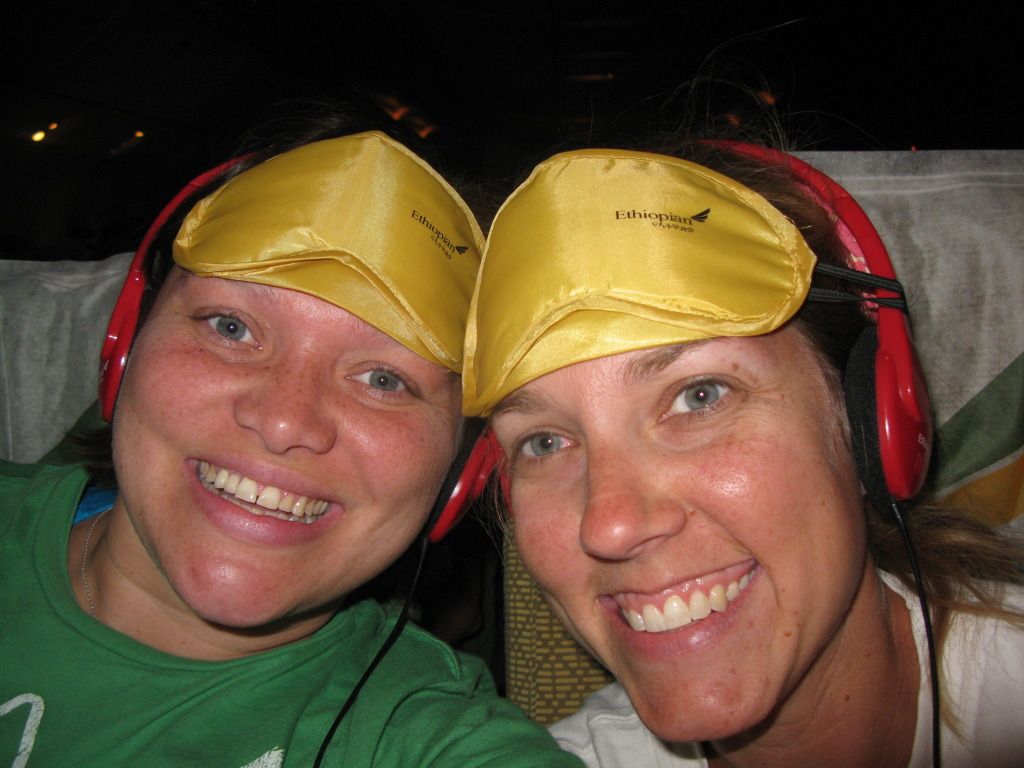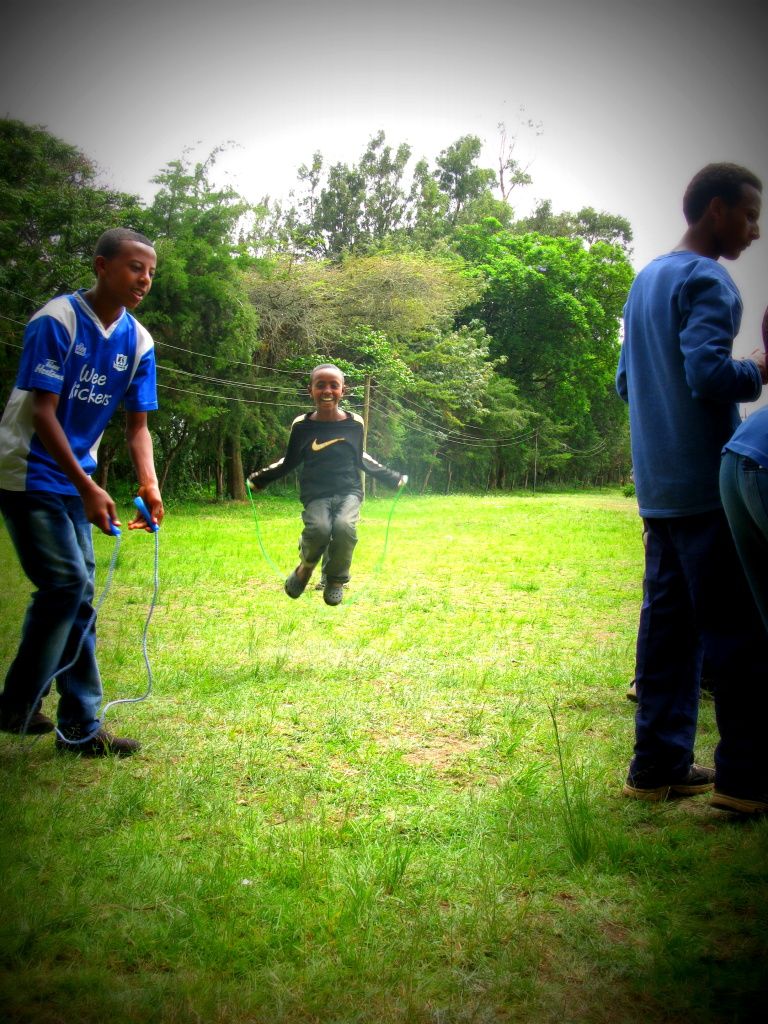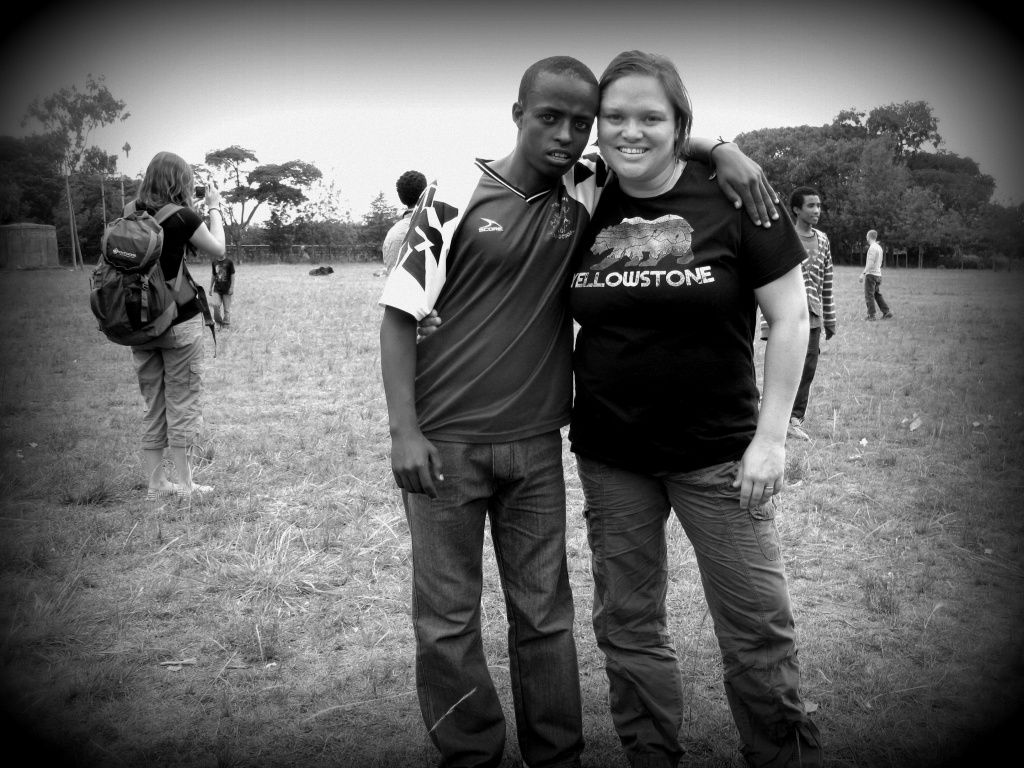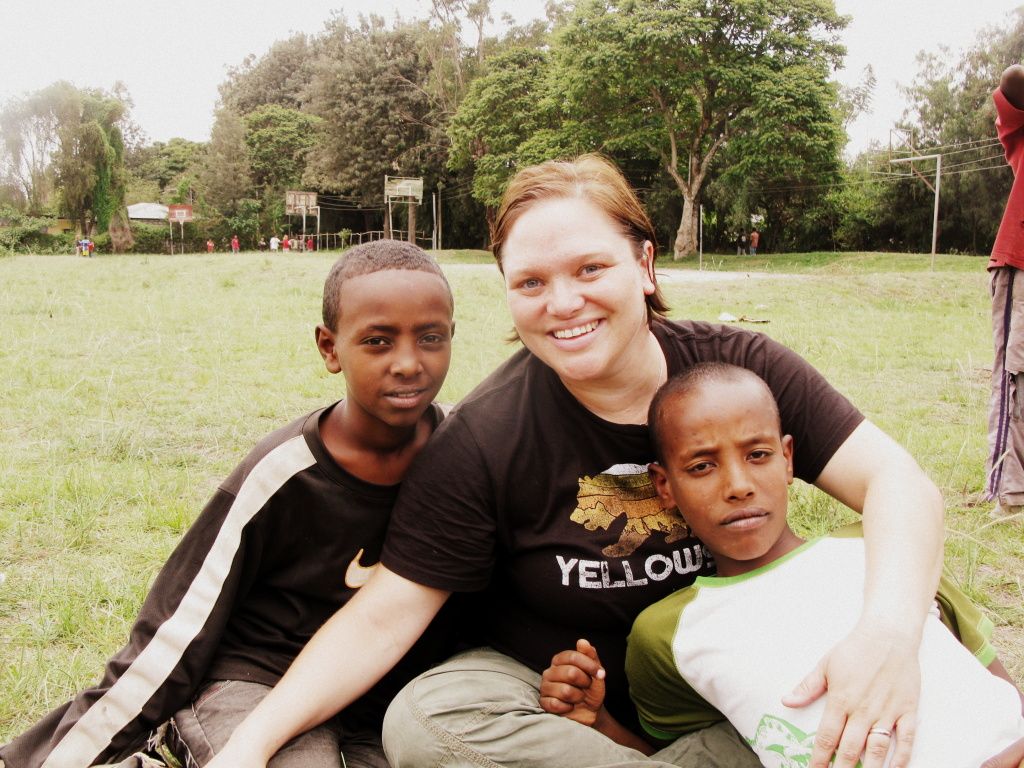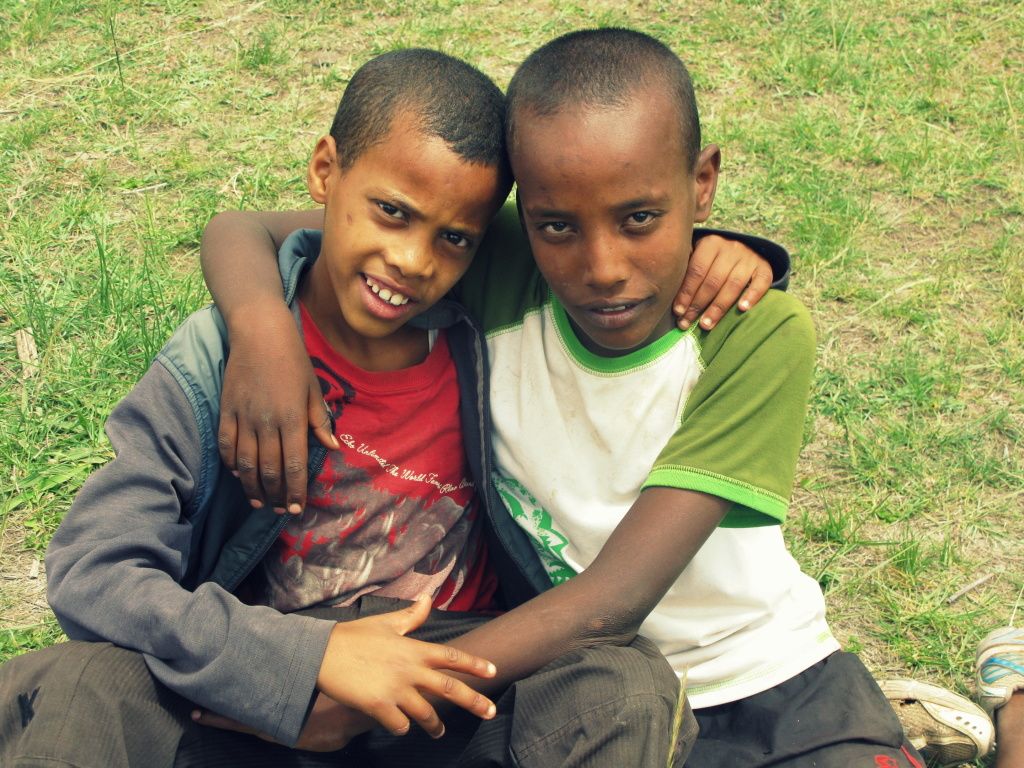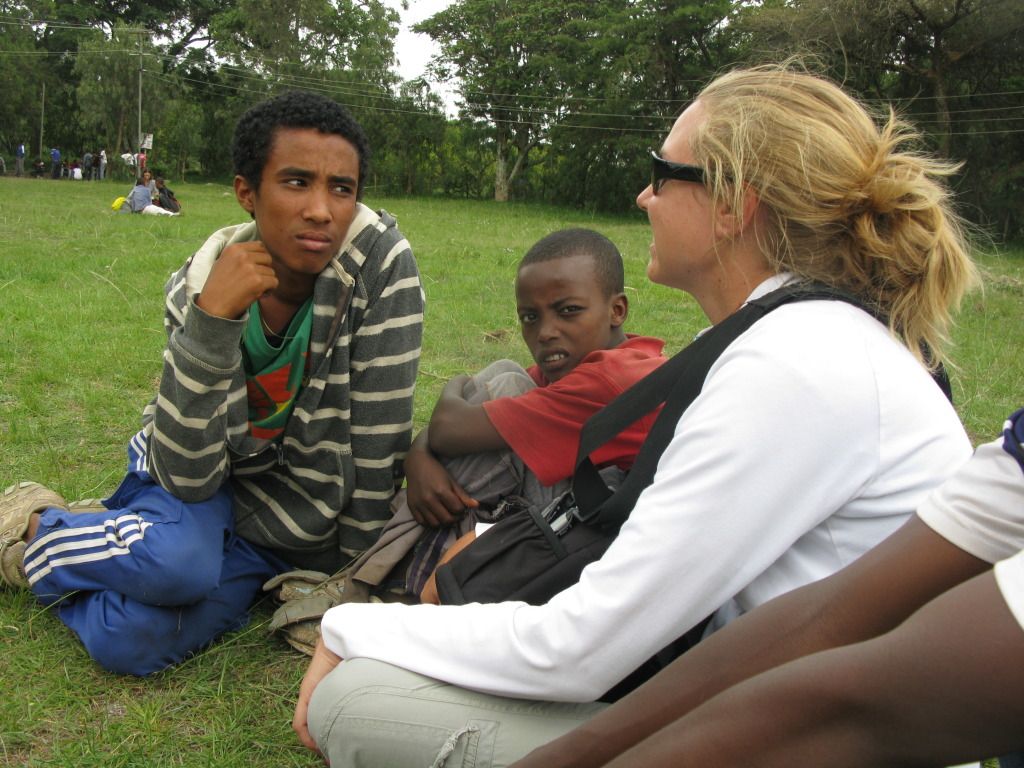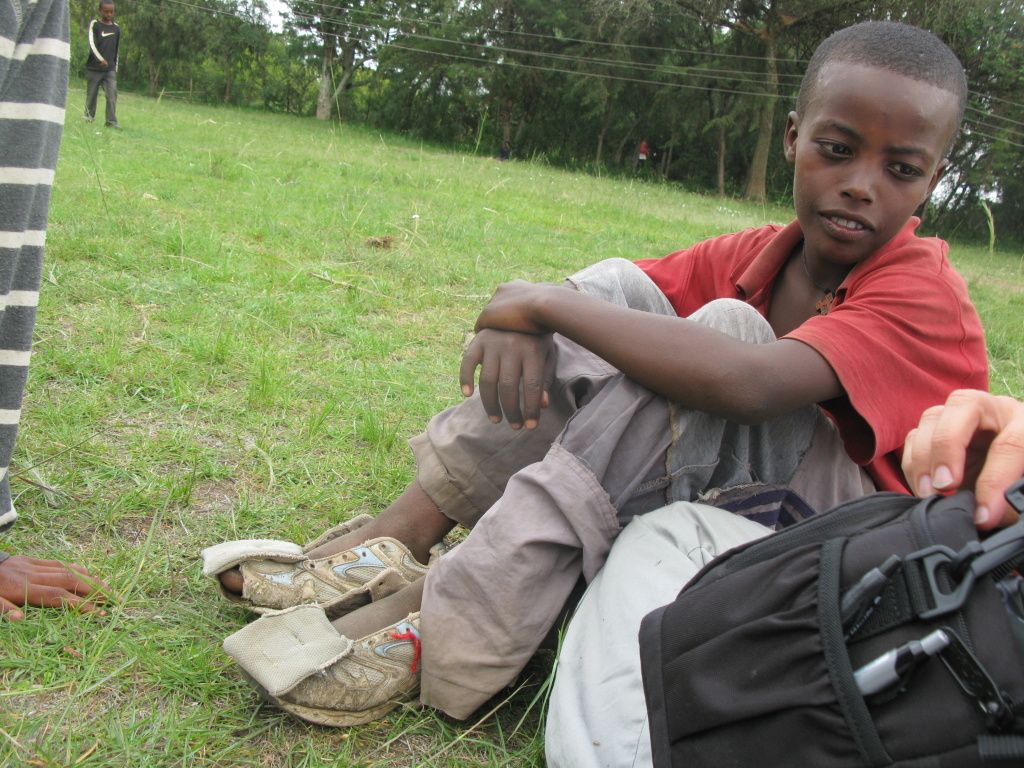Recently I had an opportunity to hear a portion of a speech made by a man named John Todd, a former occult member who became a Christian in the 1970s and whose speeches and ideas greatly influenced Christian thought at that time. The speech, found here, heavily criticized the writers J.R.R. Tolkien and C.S. Lewis by stating that these authors were involved in the occult and thus their works should not be owned by Christians. These statements disturbed me greatly so I proceeded to perform research into Todd’s arguments. Here is what I found.
Todd gives several arguments on why he believes Tolkien and Lewis are involved in the occult and therefore their works should not be owned by Christians. Here are his arguments, as best I can determine from his speech:
1. Every book purported to be written by J.R.R. Tolkien, including the Silmarillion (compiled by his son Christopher Tolkien) was not written by him.
2. Certain things in _The Hobbit_ were not available to the general public until Tolkien used them in his book.
3. Tolkien and Lewis were members of the "Golden Dawn", the “Rothschild church in London” and the oldest coven in the world (Presumably the Hermetic Order of the Golden Dawn).
4. Tolkien got permission from leaders of the Golden Dawn to print things from the Book of Shadows (the witchcraft bible).
5. The Hobbit, Lord of the Rings, and Silmarillion are, according to witches, the "gospel" and things that "really did take place".
6. You would not own a complete witchcraft bible in your home, so why would you own part of the witchcraft bible?
7. You can go to witchcraft bookstores and pick up books that came out after the Hobbit that bear the "Runes" -- the witchcraft alphabet.
8. The Runes were secret, upon penalty of death, until _The Hobbit_ came out.
9. Nobody could have written the Runes unless they had been in witchcraft.
10. Books by C.S. Lewis are required study before one can enter a coven.
11. Todd attempts to quote from Lewis's book _Mere Christianity_ and states it says the following: "The pathway to God is like a hall with many doors. They all lead to God."
Let us take these arguments individually.
#1. There is no reason to suspect that Tolkien did not write the works he is said to have written. However, if the argument that Todd is making is that Tolkien did not write the works because he got them from other sources and compiled them, then we will address this issue.
It is well known that Tolkien derived much of the material found in _The Hobbit_ from ancient and more contemporary sources. He enjoyed the works of William Morris and many of the ideas in _The Hobbit_ reflect the writing style and motifs of this author. He based the villain in _The Hobbit_, Sauron, on a villain from a book written by another author he admired (Samuel Rutherford Crockett's historical novel _The Black Douglas_). His treatment of creatures called goblins in _The Hobbit_ was based on the goblin found in a well-known Christian author’s writings (George MacDonald's _The Princess and the Goblin_).
Tolkien was an academic and as such had a passion for writings from multiple ancient sources, including Old English Literature, Norse Mythology and Germanic Languages, and thus these ancient works influence the writing of _The Hobbit_ rather heavily. In fact, often descriptions of specific events or characters seem to be lifted directly from these sources. Tolkien, had, for example, an especially strong affinity for the Old English poem _Beowulf_ and is well-known for a groundbreaking essay on this poem that is still read in many English classes. As a result of this affinity, many of the details of _The Hobbit_ are borrowed from this poem. Additionally, Tolkien derives many of the names of the book’s characters from old fairy tales as compiled by the Brothers Grimm.
It is Tolkien’s personal study of Germanic Languages and the extension of such languages into Old English writing styles that is particularly germane to Todd's arguments. This we will get to later. Suffice now to say that it is true that Tolkien derived much of his writing from external sources that he would have been exposed to in due course during his academic life.
(above material derived largely from http://en.wikipedia.org/wiki/The_Hobbit)
#2, 8. Todd seemed to vaguely point out that there are certain aspects of writing in _The Hobbit_ that were not available to the general public until that book was written. Point 8 explains what these are: Todd is saying that the “Runes” found in _The Hobbit_ were not available to the general public until _The Hobbit_ was published.
These “Runes” in question that were used by Tolkien in _The Hobbit_ were Anglo-Saxon Runes, or futhorc, that were used to write Old English, the language spoken by the Anglo-Saxons in England from between the 5th Century through the 12th Century. The runes were used to write this language between the 5th Century until around the 9th century when the writing style changed in response to Irish Christian missionaries. The futhorc runes were derived from an even older runic language, the Elder Furthak which was a language used by Germanic tribes between the 2nd through 8th centuries. As previously described, Tolkien was an academic especially interested in Germanic Languages. It does not require an enormous imagination to think that he would have, in the course of his academic study, thoroughly examined ancient Germanic and Anglo-Saxon manuscripts that were likely available to academics (and not just to those practicing the occult) and learned a great deal about their history and use. It does not take an enormous imagination to think that the interest he had in these writings would spill over into his writing of fiction.
So, for Todd to say that the “Runes” were not available to the general public until _The Hobbit_ is a true statement but for reasons that Todd could not have fathomed. Academics could have accessed the documents where the runes were found, but the public would not have been aware of them due to the public not being involved with the academic study of these manuscripts. For Todd to imply that only elite occult-minded individuals could have had access to the ancient manuscripts for any reason, including academic study, is patently absurd.
#3. Todd says that Tolkien and Lewis were members of the Hermetic Order of the Golden Dawn. This occultic organization did exist between the late 19th and early 20th centuries. One can speculate whether Lewis and Tolkien were members of this organization. However, the Wikipedia entry for Hermetic Order of the Golden Dawn does in fact include a list of “known or alleged members” of this organization and neither Tolkien nor Lewis appears on this list. It should be noted, however, that one of Lewis’s closest friends, which he wrote much praise about, was Charles Williams whose name does appear on the list of known members of this organization. Notably also Lewis, Tolkien and Williams belonged to a literary club known as the Inklings which met in association with the University of Oxford, England between the early 1930s and late 1949. This group was comprised of both Christians and nonChristians, and it was here where many of Lewis’s fictional ideas were honed. One could in fact argue that Lewis allowed himself to be too closely associated with a man such as Williams who was evidently a likeable, charismatic person. However, such an association does not necessarily imply that Lewis was also a member of the Hermetic Order of the Golden Dawn nor does it prove that Lewis’ writings, or those of Tolkien, are of such a quality to be put out of Christian homes and/or destroyed.
#4. Todd argues that Tolkien got permission from those in authority in the Hermetic Order of the Golden Dawn to print things from the Book of Shadows (the witchcraft bible). Several problems exist with this line of reasoning. First, according to Wikipedia, “the first Book of Shadows was created by the pioneering Wiccan Gerald Gardner sometime in the late 1940s or early 1950s”. The Hobbit_ was first published September 21, 1937, which is approimately ten years prior to the publishing of the first Book of Shadows. So to say that Tolkien asked permission to print things from the Book of Shadows is impossible, since the Book of Shadows did not exist at the time of the writing of _The Hobbit_.
But for argument’s sake let us assume that Todd is referring to the material that would eventually make its way into the Book of Shadows -- so in essence, Tolkien would be requesting to publish material that would eventually be incorporated into said book. But if the material is in fact kept a secret upon penalty of death (#8), it makes no logical sense for the leaders of the Hermetic Order of the Golden Dawn to allow an academic to print information that they had spent so much time and effort keeping secret before their own documents compiling occultic information had even been published. Why would Tolkien be exempt in this instance and allowed to publish _The Hobbit_ if the information therein was so sacred to those in the Order? Much more information is needed before the logic of these ideas can be untangled, and without such information significant doubt as to the truth of such a statement prevails.
#5. Todd says, in essence, that the fiction generated by Tolkien in creating _The Hobbit_, _The Lord of the Rings_ and _The Silmarillion_ are all things that actually happened and are, to witches, truth. The absurdity of such a statement cannot be underestimated. Was Beowulf truth? Did the Norse legends really happen? Did the fairy tales compiled by the Brothers Grimm really occur? More to the point, did the bits and pieces of all of these stories and legends that Tolkien used to create his novel really happen in the way that Tolkien laid out in his story? If this is the case then Tolkien should be considered not a human being but a deity in his own right, as apparently he is able to create a novel of his own design and cause it to become actual history. Amazing.
#6,7. Now Todd comes to the crux of his argument: the Runes. He is saying that the Runes used by Tolkien in _The Hobbit_ are in essence what he is worried most about in that book and the reason, evidently, that he thinks it should not be in Christian homes. What he fails to take into account is that the runes -- which, as we have previously discussed -- are actually Anglo-saxon runes that were used in the 5th through 9th centuries to write Old English and not in and of themselves an evil language. Such a statement about runes being an evil language is tantamount to saying that since Hitler spoke and wrote German, German is an evil language and should be abolished. Additionally, Todd fails to even consider the fact that the runes are a miniscule part of _The Hobbit_ and are scarcely mentioned at all -- and certainly not often enough for a coven of occultists to find such writings vitally important for any fathomable reason.
#9. As we have explored earlier, this statement is false. Tolkien could have easily acquired manuscripts of Anglo-saxon runes in his academic study and would have been well-versed in them from an intellectual, not an occultic, mindset.
#10. Here Todd now attacks C.S. Lewis instead of Tolkien. He does not provide much information concerning exactly why he dislikes Lewis other than his last point which I mention below. However, it should be again noted as described earlier that Lewis was good friends with a known member of The Hermetic Order of the Golden Dawn named Charles Williams and likely did have some of Williams’ ideas influence his writing style and content. While the wisdom of such a relationship might be questionable, a choice to completely disregard the works of Lewis due to the possible negative influence of one person robs children and adults of what has been for decades considered a beautiful allegory of the person and actions of Jesus Christ in the world (_The Chronicles of Narnia_), not to mention many other books written by a man who has himself influenced thousands in a positive way towards Christianity.
#11. Lastly, Todd offers his final straw man argument against Lewis. He tries to quote from Lewis's book _Mere Christianity_ and states it says the following: "The pathway to God is like a hall with many doors. They all lead to God." He then critiques this statement by saying Lewis says that there are many ways to God and that this is a false teaching in an attempt to discredit him.
However, not only is Todd taking the meaning of the quote completely out of context, but the quote he claims he got from Lewis's book is a complete fabrication. Here is the actual quote:
It (Christianity) is more like a hall out of which doors open into several rooms. If I can bring anyone into that hall I shall have done what I attempted. But it is in the rooms, not in the hall, that there are fires and chairs and meals. The hall is a place to wait in, a place from which to try the various doors, not a place to live in…And above all you must be asking which door is the true one; not which pleases you best by its paint and panelling. In plain language, the question should never be: ‘Do I like that kind of service?’ but ‘Are these doctrines true: Is holiness here? Does my conscience move me towards this? Is my reluctance to knock at this door due to my pride, or my mere taste, or my personal dislike of this particular door-keeper? - (Quote taken from http://www.whitehorseinn.org/blog/2010/04/21/the-hallway-and-the-rooms/#sthash.eya4RBTO.dpuf)
In this quote Lewis is clearly describing choices individuals make when choosing denominations of Christianity and not a choice between Christianity and other religions as a means of reaching God.
In this treatment of Lewis, Todd should also acknowledge that Lewis was, in fact, an atheist prior to becoming a Christian. Just as Todd was involved in the occult before following Christ, and thus has a certain sort of bent in his thought processes regarding Christianity, so also Lewis had a certain mindset when describing both his own walk with Christ as well as describing Christianity to others in his books. Lewis actually addressed -- through a series of BBC radio broadcasts -- a number of atheists during the 1940s and thus his writing and speaking style was geared towards that group of individuals. Therefore his books where he discusses his understanding of Christianity will have a certain flavor to them that will be tailored towards someone who has struggled through the arguments that an atheistic intellectual would have against the idea of Jesus Christ. Many Christians over the past decades have lauded Lewis’s works, and while no man should be considered perfect, using straw man tactics to discredit a man’s works in such a way as Todd has done is at best disingenuous and at worst an attempt by Todd at self-aggrandization.
Joe













